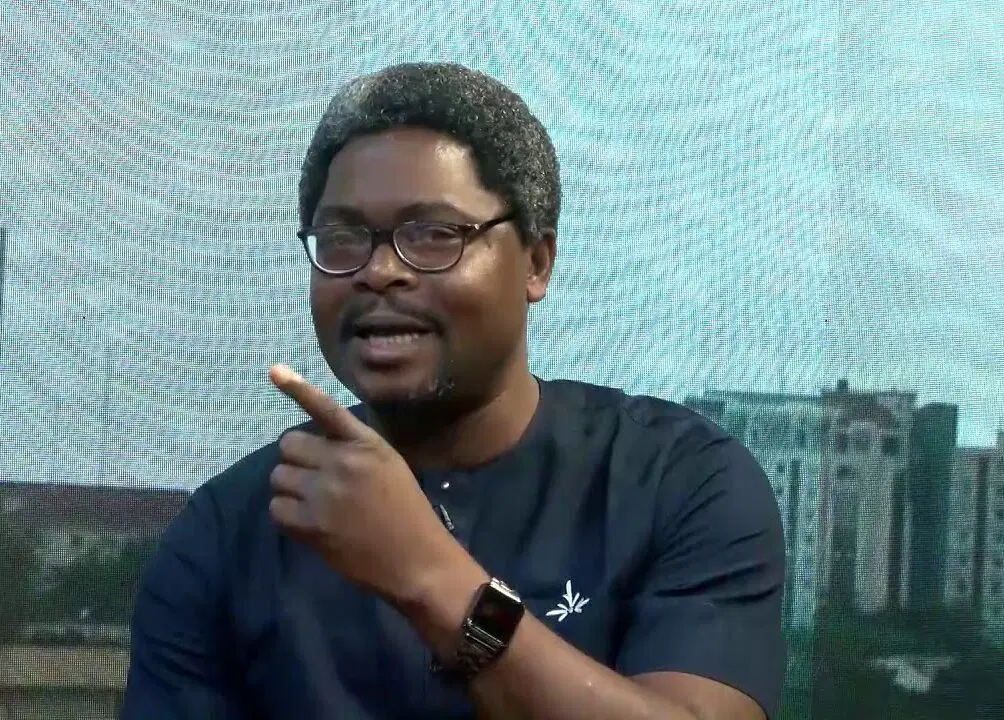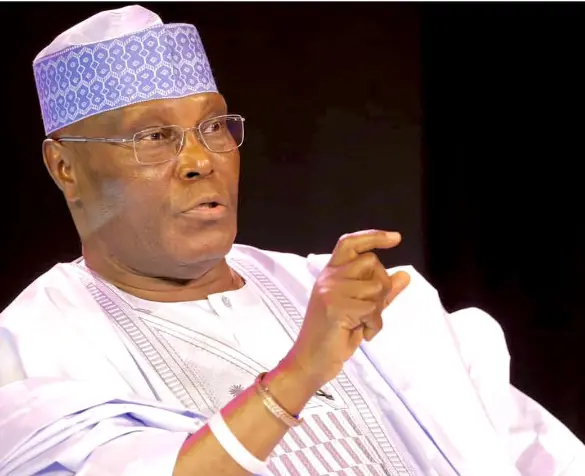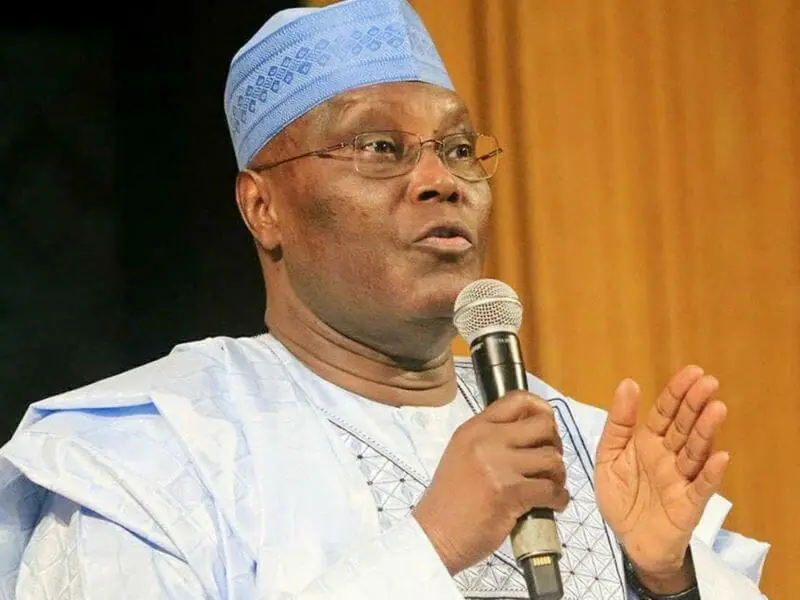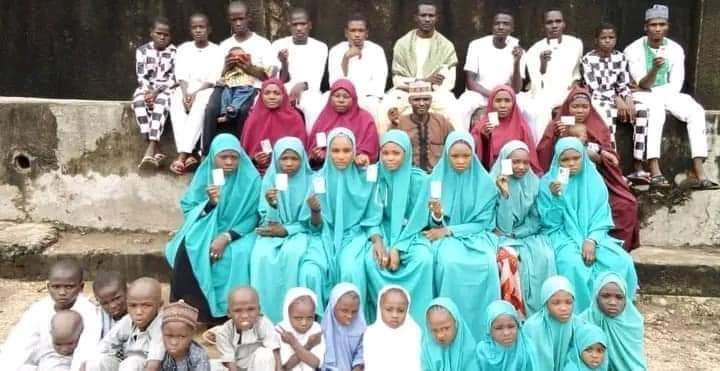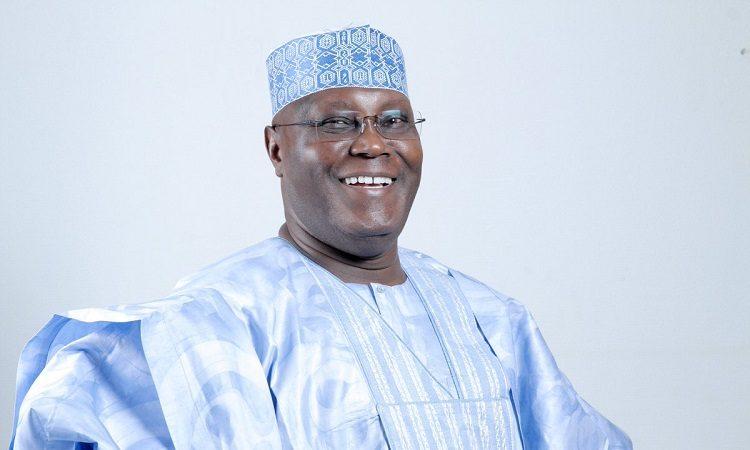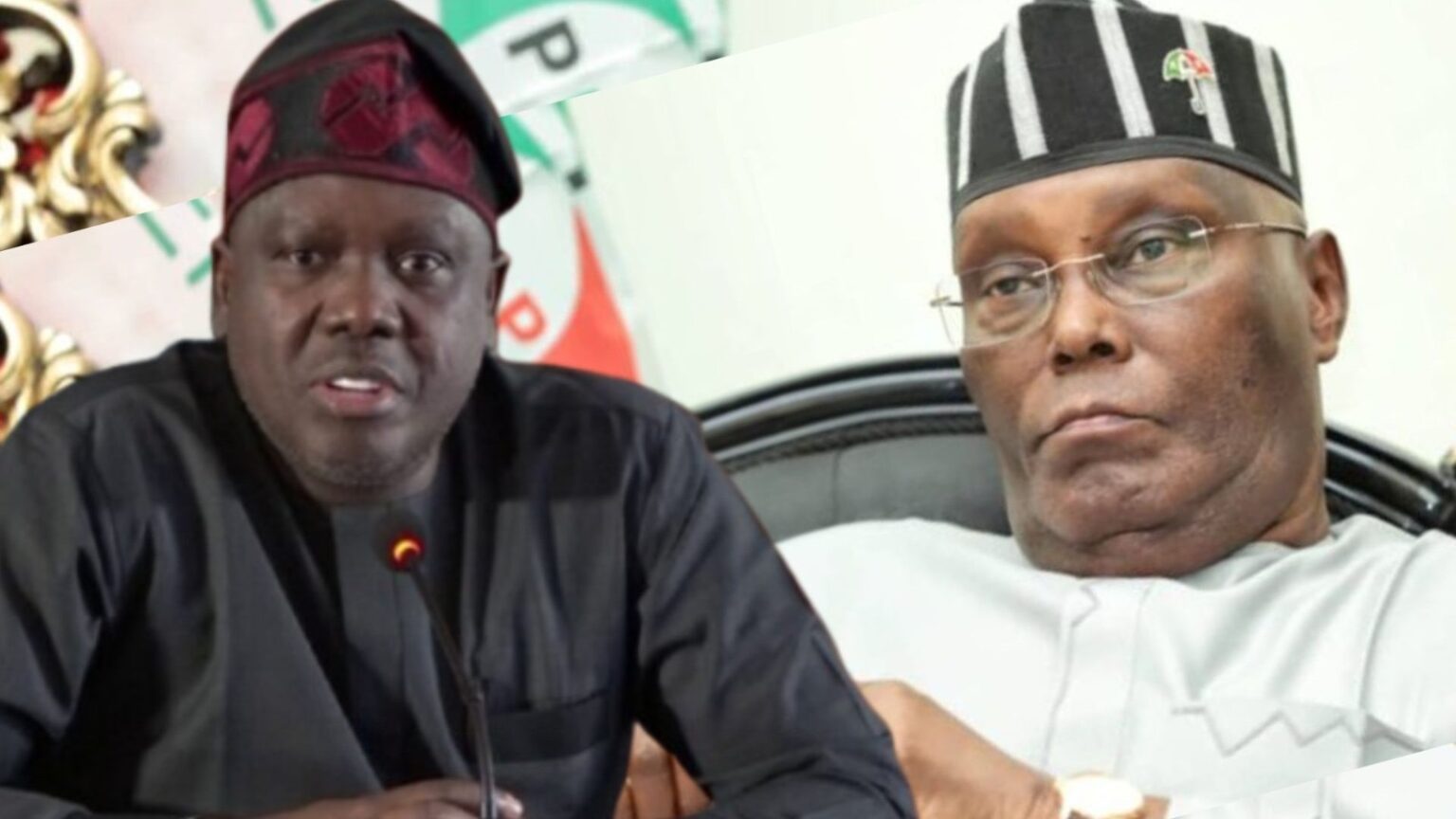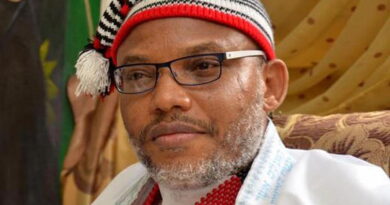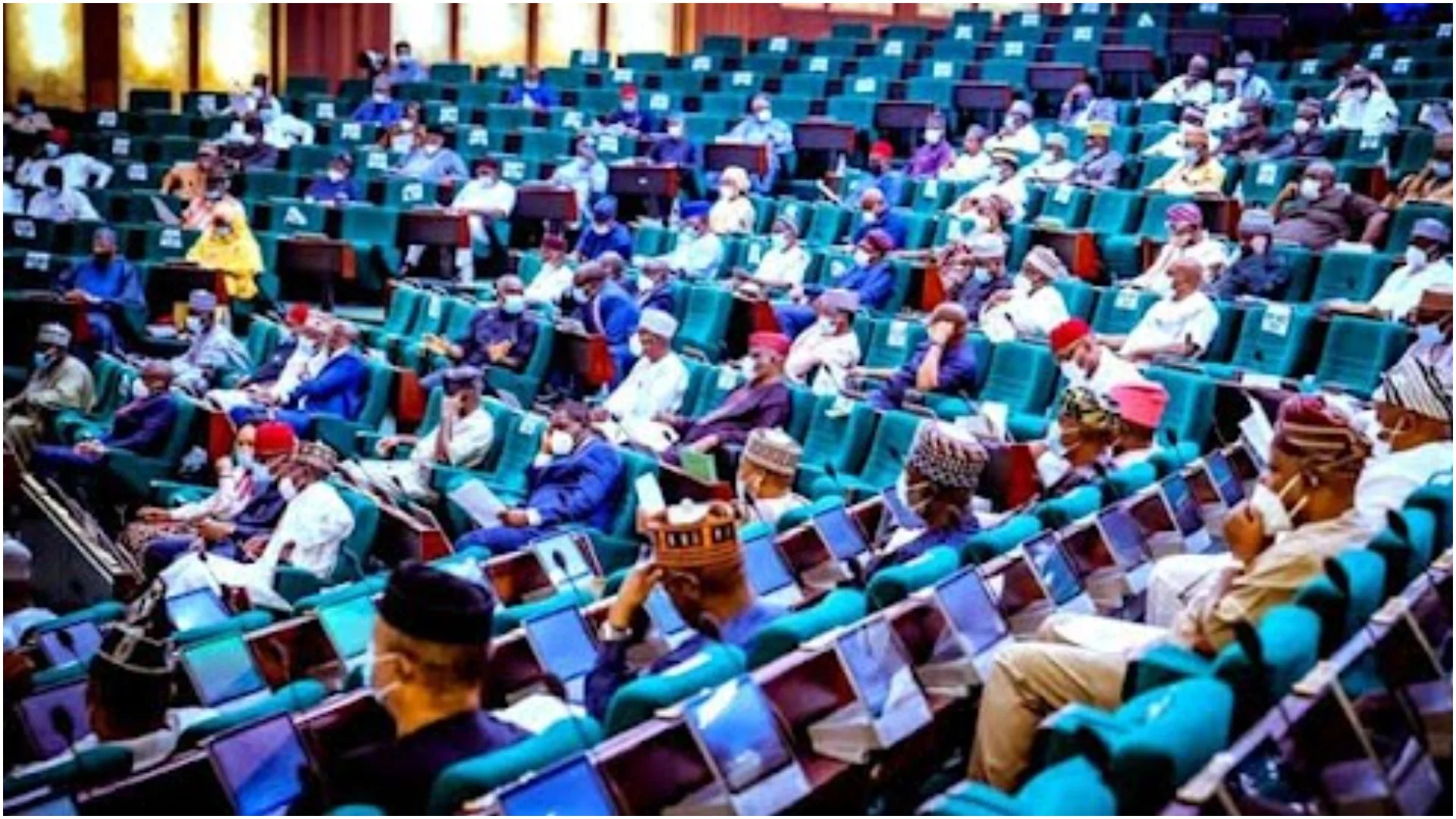Atiku Abubakar Quits PDP Citing Loss of Foundational Values
Former Vice President Atiku Abubakar has officially resigned from the Peoples Democratic Party (PDP), ending a decades-long association with the party he helped to establish. Atiku, who was the PDP presidential candidate in both the 2019 and 2023 elections, announced his resignation in a letter dated July 14, which was addressed to the PDP ward chairman in Jada Ward 1, Adamawa State.
The letter, which was confirmed as authentic by one of Atiku’s media aides, expressed deep regret over the party’s current direction. “It is with a heavy heart that I resign, recognising the irreconcilable differences that have emerged,” Atiku wrote. He explained that the PDP had deviated from the founding principles that initially guided the party’s vision and purpose.
Atiku expressed gratitude for the opportunities he had within the PDP, including his time as Vice President and his two presidential bids. He noted that it was heartbreaking to leave a party he had helped build, but the current state of the PDP left him no choice.
The former vice president’s departure adds to growing concerns over internal divisions within the PDP, especially as the party struggles to position itself as a strong opposition force ahead of the 2027 elections.
Why did Atiku leave the PDP?
Atiku believes that the PDP has lost its way and no longer represents the ideals on which it was founded. His decision also appears to be influenced by ongoing efforts to form a united opposition front against the ruling All Progressives Congress (APC).
According to Daily Trust, Atiku is now leading a coalition of opposition leaders, who have reportedly chosen the Action Democratic Congress (ADC) as their preferred platform to challenge President Bola Ahmed Tinubu and the APC in the next general elections.
Political observers say Atiku’s exit could shake up the opposition landscape and increase pressure on other key figures to declare their political moves ahead of 2027.
Atiku Abubakar’s exit from the PDP marks a significant moment in Nigerian politics. As he sets his sights on a new political coalition, all eyes are now on how this move will reshape opposition strategies in the build-up to the 2027 elections.


